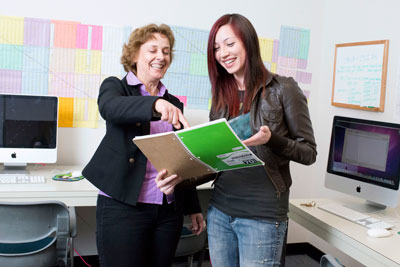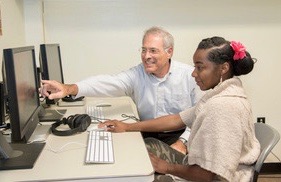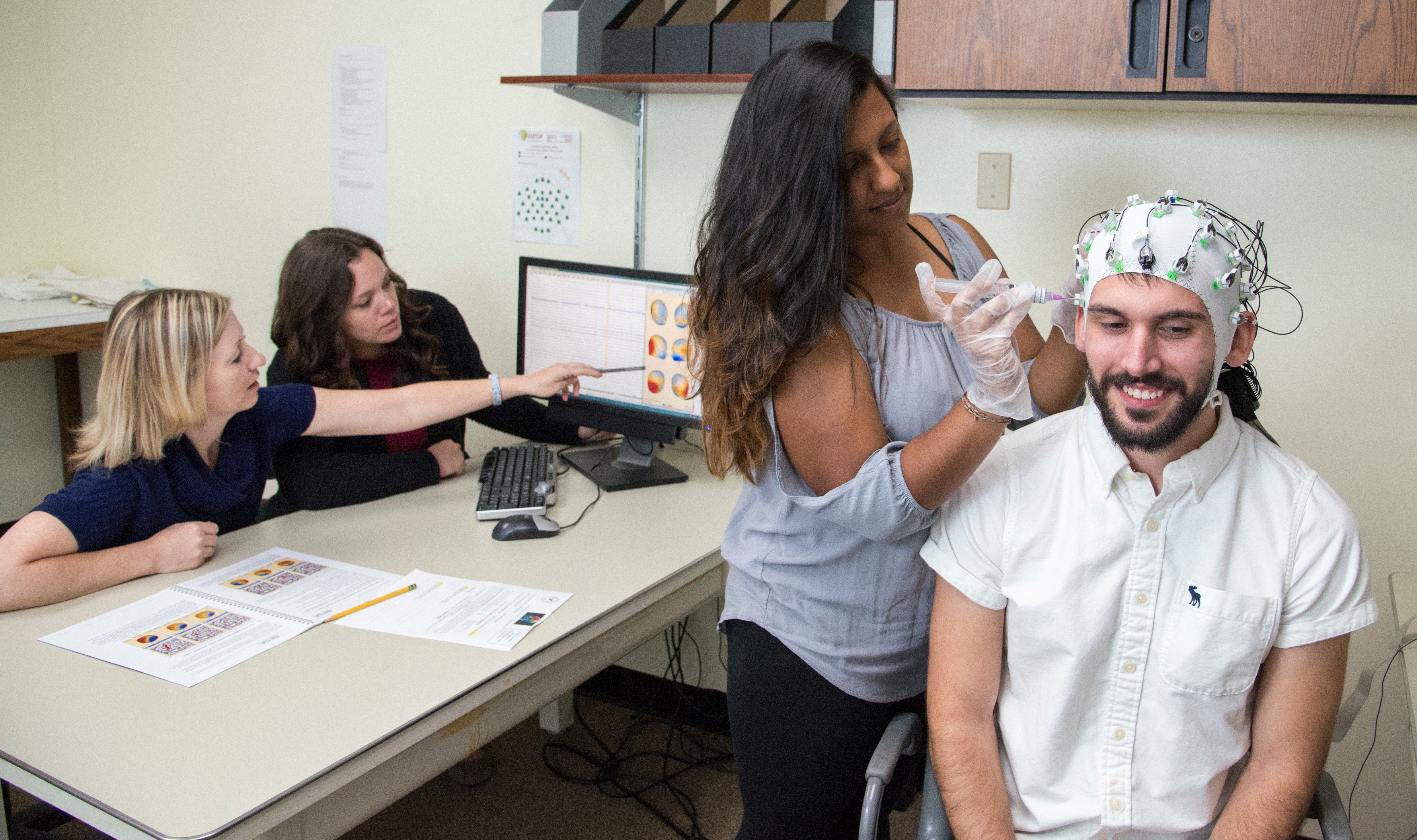Faculty Research and Labs
Sylvia Beyer, Ph.D.
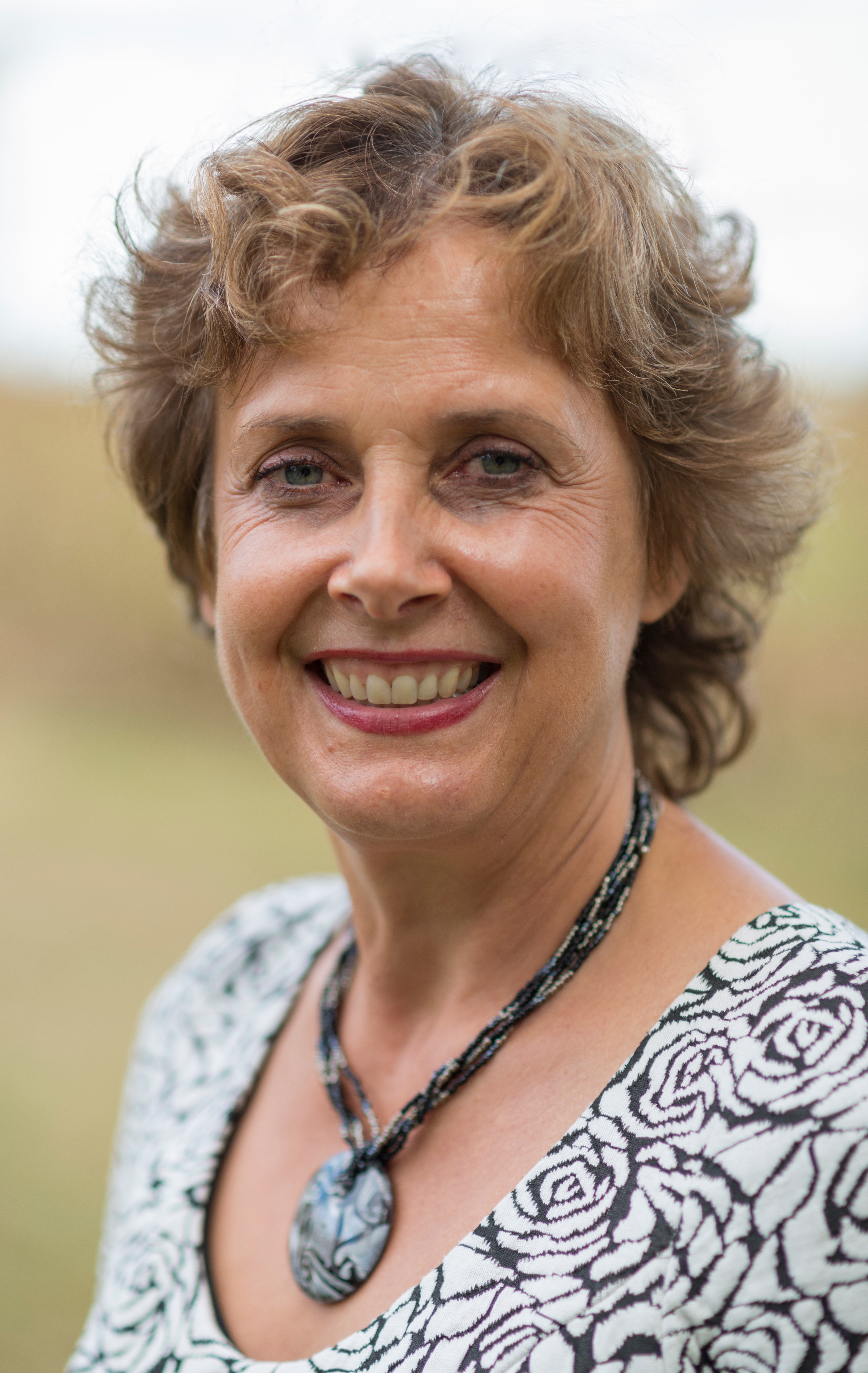
- Gender differences in the accuracy of self-evaluations
- Causes of the underrepresentation of women in Science, Technology, Engineering, and Math (STEM)
- Gender stereotypes
This research is conducted in the Social Psychology Lab (Mol. 212). This lab has 10 computers for data collection. It also serves as a work room for Independent Study students.
Visit Dr. Beyer's home page at https://sites.google.com/site/sylviabeyeruwp/home
To download Dr. Beyer's publications and presentations visit http://www.researchgate.net and search for Sylvia Beyer
Edward Bowden, Ph.D.
Edward Bowden received his Ph.D. from the University of Oregon in 1987. Before coming to UWP he was a researcher at Rush Medical Center and Northwestern University.
Dr. Bowden has been interested in the distinction between creative and analytic problem solving since 1983. He began by investigating how people access information during problem solving and how unconscious processing could lead to the experience of insight. This led to further questions about the cognitive and neural processes that underlie creative problem solving. This research has been published in peer reviewed journals and featured in various popular media including National Public Radio, a BBC Television documentary, The New York Times, The Wall Street Journal, and The Times of London. Chicago’s Museum of Science and Industry has an exhibit which includes some of this research.
Dr. Bowden is currently interested in finding ways to improve creative problem solving.
Aaron Carlstrom, Ph.D., L.C.P.
- Vocational psychology within the broader area of counseling psychology, including the effect of gender, socioeconomic status and race/ethnicity on science interests, math and science interests, self-confidence, and goals of middle school students
- Work value priorities of young adults
- Influence of career decision-making course on both career-specific and general psychological factors of college students
Ann Friesema, Ph.D., L.C.P.C.
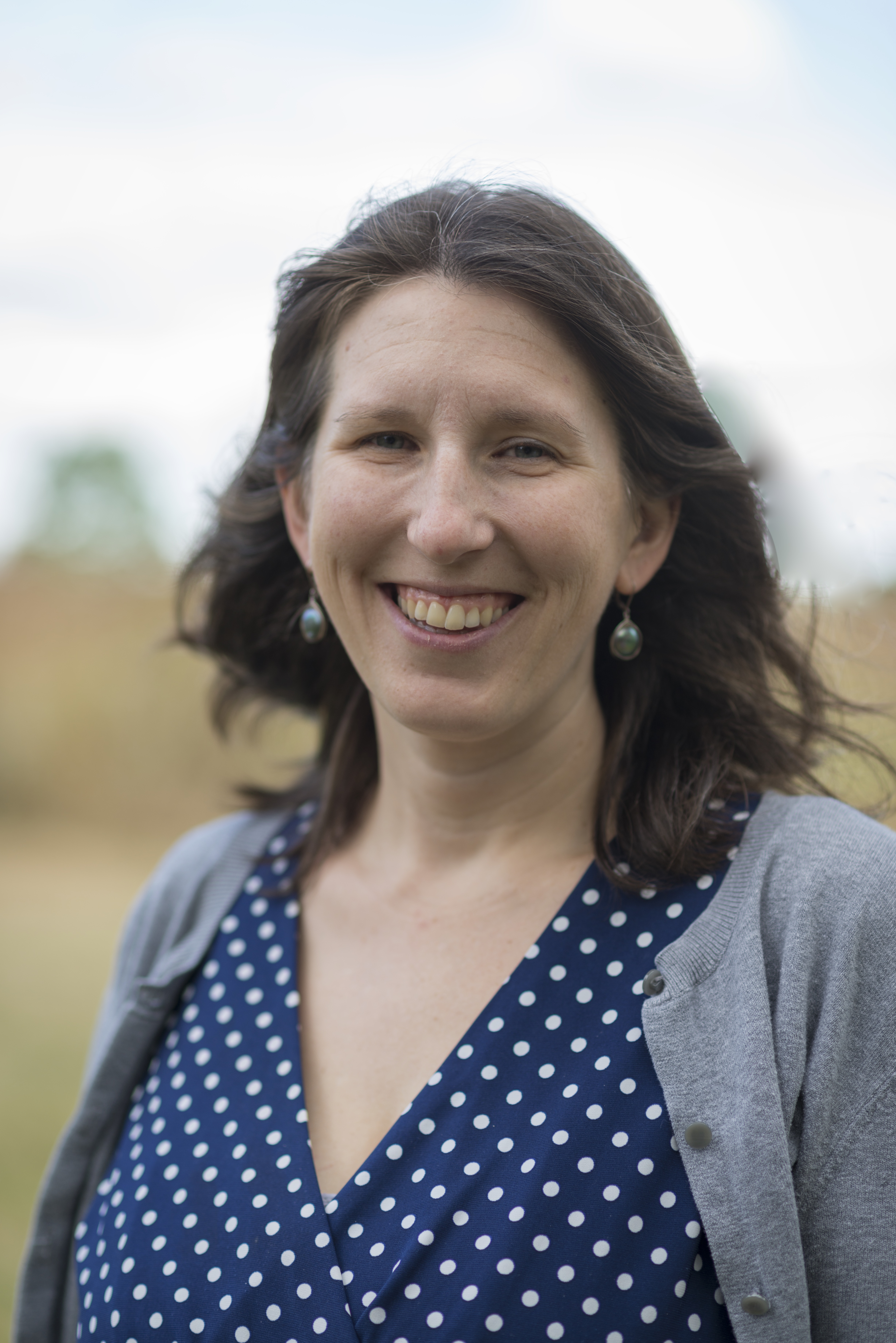
- Counselor Education & Supervision
- Qualitative research methods
- Domestic violence and mental health integrated care
- Trauma-informed practice
- Crisis and trauma counseling
- Relational-cultural theory in counseling practice and clinical supervision
Melissa Gregg, Ph.D.

- Psychological and neural mechanisms by which human listeners process auditory information, including its perception, recognition, and encoding into memory
- How listeners perceptually parse complex acoustic signals and recognize distinct sound sources, such as voices and phones ringing, despite difficult, noisy sensory input and limited perceptual and memory systems
- How closely auditory perceptual representations match the actual physical properties of the world
This research is conducted in the Auditory Perception and Cognition Lab in MOLN 315F. The lab contains 3 computers/headphones for running subjects, 2 computers for students to work on, sound editing/analysis software, SPSS, presentation by neurobehavioral systems (experiment presentation software), and Matlab for creating stimuli, sound-level meter, and software for analyzing ERPs.
Visit Dr. Gregg's home page at http://www.apclparkside.com
Meredith McGinley, Ph.D.
- Investigating the social, emotional, cognitive, and cultural predictors of helping behaviors in youth.
- Examining how chronic victimization in education and the workplace contributes to mental and physical well-being across the lifespan.
- Applying advanced statistical techniques to understand the multidimensionality and growth trajectories of prosocial behaviors and victimization.
Marisa Rapp, Ph.D.
- Substance abuse and co-occurring disorders
- Behavioral-process addictions (e.g., eating disorders, gambling)
- Feminism
- Social justice advocacy
- Gatekeeping within the helping professions
- Qualitative methodologies
